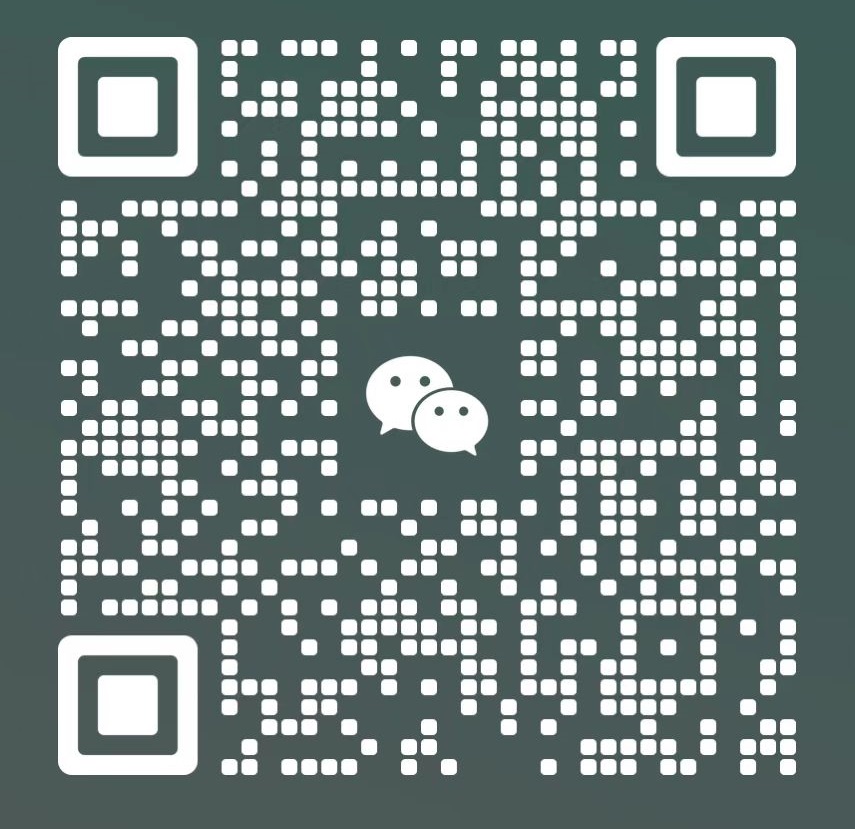
How to say "我好了" in English
Learning a new language is always an exciting adventure, but it can also be a bit challenging, especially when it comes to expressing emotions and feelings. If you are looking for the English equivalent of "我好了", which means "I'm alright" or "I'm better now", then this article is here to help you out. Below are some possible ways to express the same sentiment in English:
"I'm alright"
"I'm alright" is a common way to tell someone that you are feeling better. It can also be used to indicate that you are doing fine, even if you were asked out of concern. For example, if someone asks you "How are you feeling?", you could reply "I'm alright, thanks for asking", which means that you are not feeling great, but you are not in a critical condition either.
Other similar expressions that convey the same idea are:
- "I'm doing okay"
- "I'm feeling better now"
- "I'm getting better"
- "I'm feeling a bit better"
"I'm fine"
"I'm fine" is another commonly used expression in English to indicate that you are doing well. However, it can be a bit ambiguous as it can also mean that you don't want to talk about your feelings or that you are hiding your true emotions. Therefore, it's important to pay attention to the tone and context of the conversation. If you say "I'm fine" with a smile and a positive attitude, it usually means that you are genuinely doing well.
Other possible ways to say the same thing are:
- "I'm doing fine"
- "I'm feeling good"
- "I'm doing better now"
- "I'm back to my usual self"
"I'm better than before"
If you want to emphasize that you have improved from a previous condition or illness, you can use a phrase like "I'm better than before". This indicates that you have made progress and that you are not as bad as you used to be. For example, if you had a cold for a week and now your symptoms have subsided, you could say "I'm much better than before", which means that you are feeling significantly better than when you were sick.
Other phrases that express a similar idea are:
- "I'm on the mend"
- "I'm recovering"
- "I'm bouncing back"
Conclusion
In conclusion, there are many ways to say "我好了" in English, depending on the context and the tone of the conversation. Whether you use "I'm alright", "I'm fine", or "I'm better than before", the important thing is to express yourself clearly and honestly. Don't be afraid to share your feelings with others and to ask for help when you need it. Learning a new language is a journey, so enjoy the ride and keep practicing!










暂无评论
发表评论